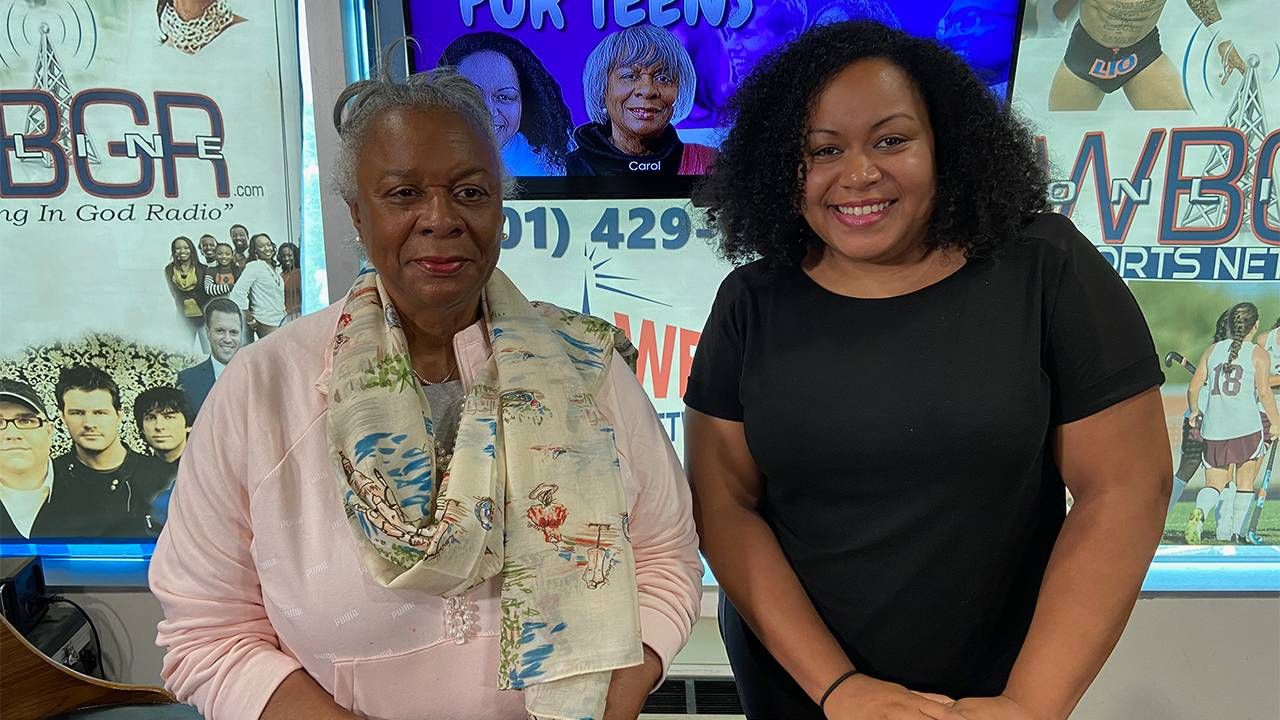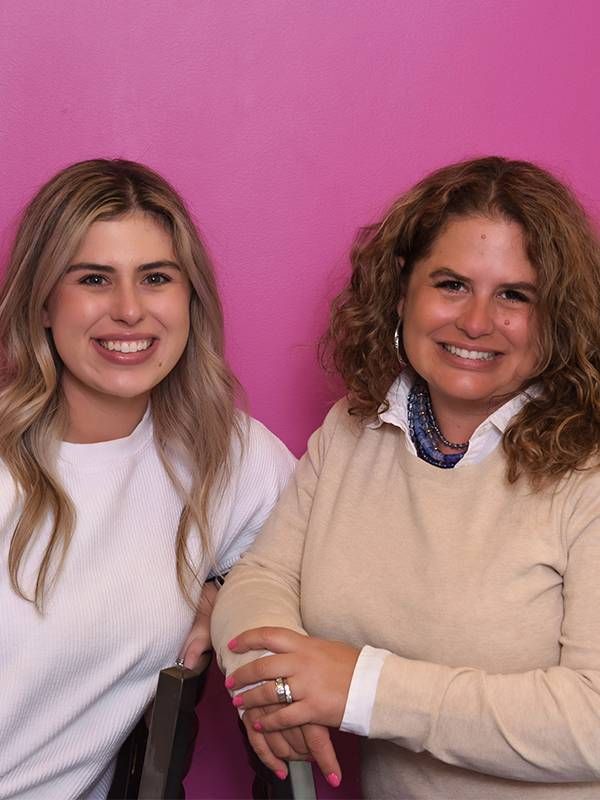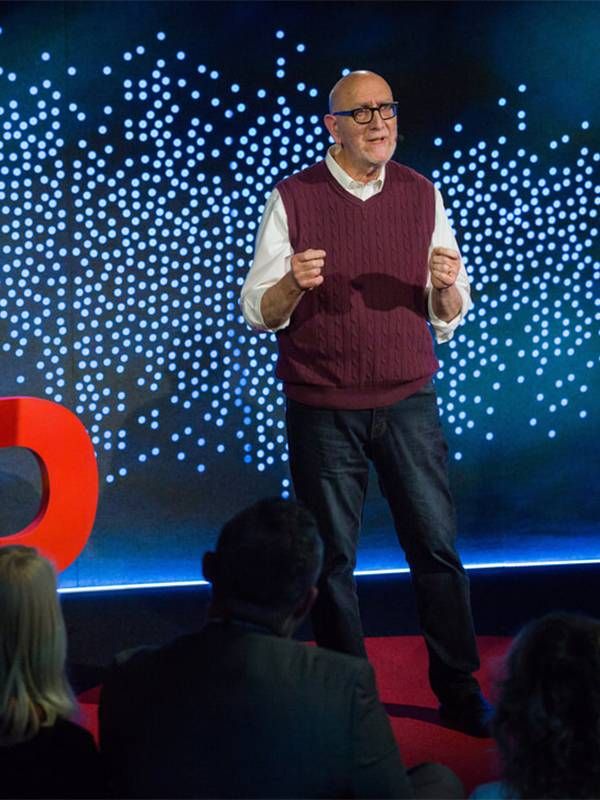The Downs and Ups for These Entrepreneurs in the Pandemic
How they weathered the challenges and changed with the times
Time to dispel the myth that midlife and older entrepreneurs (and employees) are set in their ways and baffled by technology

Those shibboleths are far from the reality I found when I checked in with a handful of the 20 entrepreneurs who I interviewed for my 2019 book, "Never Too Old to Get Rich: The Entrepreneur's Guide to Starting a Business Mid-Life." (Full disclosure: Next Avenue is the co-publisher, with Wiley, because I'm a regular blogger on entrepreneurship for the site.)
I'll tell you about three of them who embraced technology and devised new strategies to pivot during the pandemic shortly.
But I should also note that when I checked in on the cadre of entrepreneurs I interviewed for my book, I discovered that some had sold their businesses, closed shop or made a transition to a third act. Those changes often weren't due to the pandemic, though.
Getting Bought Out, Moving On
For instance, in March 2020, Michael Lowe and his son-in-law John Uselton sold the Washington, D.C. distillery they launched in 2011: New Columbia Distillers, maker of Green Hat Gin and Straight Rye Whiskey. It was acquired by a leading supplier of spirits, MGP Ingredients. Uselton then joined MGP Brands as a regional sales director and Lowe stayed on as an advisor.
Laura Tanner shuttered her jewelry business in Evanston, Ill., after 13 years, shortly after my book was published. The impetus: Politics.
"We downsized. We refocused. We reprioritized, and we're moving forward."
As she wrote to her clients: "As one of the founders and leaders of the grassroots group Indivisible Evanston, I am planning on shifting my focus to this work and building on the encouraging momentum of the 2018 Blue Wave." Tanner said she wanted to make "a small difference" at a "very important time in history."
The three entrepreneurs who are still at it told me about their sometimes harrowing, sometimes heavenly experiences staying afloat in COVID-19, largely by switching to, or expanding, virtual platforms and storefronts.
For many of the nation's small businesses, of course, the pandemic has been devastating. As I wrote in April 2021, during Spring 2020, at the peak of the first wave of COVID-19, more than 20% of small businesses closed, according to The Federal Reserve Bank of New York and AARP. Business closings were highest among owners 45 and older (one in four).
Although the total number of small businesses has recovered, the number of firms now owned by people 45+ is down 9%; by contrast, there's been a decline of just 2% for firms with owners under 45.
Tweaking the Recipe for Cookies and Donuts
"It's been rough," said one of my book's entrepreneurs, Bergen Giordani, co-founder with her daughter Morgan Giordani Reamer of One Hot Cookie and, subsequently, the OH Donut Company in Youngstown, Ohio. "We started with three [cookie] stores in 2020, we're down to one. We downsized. We refocused. We reprioritized, and we're moving forward."
The duo was already set up to sell their tasty treats on their website (though it hadn't been an important revenue stream).

"We were fortunate in that regard," Giordani said. "We battened down the hatches. We had the groundwork and the systems in place."
Once the pandemic hit, mother and daughter concentrated on selling cookie kits.
"Our cookies have fun toppings, so we deconstructed the cookie and packaged it individually, so kids could make their own cookies," said Giordani. In the first couple of hours after launching the product, they sold 40.
Next, they created kits for their donuts and offered home delivery to local customers.
"It became our thing," Giordani said. "Our donut brand was so new that it put us on the map and gave us additional exposure. People were sending these cookie and donut kits to family members and friends. It was really cute to see, because people were looking for a way to connect."
The kit concept also inspired the women to upgrade their packaging.
"We spent last summer working with a plastics company developing a custom-made box that will hold our specialty cookies and ship without damaging them," Giordani said. The investment: around $25,000 for the box design and new packaging.
And the two-generation small business has turned into a three-generation one. Giordani's father, who retired in 2019, moved back to Youngstown from Texas and jumped in to help manage the new initiative.
"He really has that engineering and math brain," Giordani said. "My dad took on getting quotes from different suppliers and helping us through this packaging process because it was new to us. Having him around took some of that weight off. It was a huge help."
In May 2021, the pair transitioned one of the closed One Hot Cookie shops, near Youngstown State University, into a new OH Donut store.
"We will have a nice slow summer to get our team ramped up and to get all our processes in place, and when the university goes back in the fall, we'll be ready to go," said Giordani.
The women also operate mobile units for things like graduation parties and weddings, with help from Giordani's recently retired husband. "This is peak season for that, so we are really hands-on working these events now," she said.
Boosted by online sales and mobile unit sales, revenues are on the rise.
"We were scrappy, worked hard and survived," Giordani said.
They also took advantage of the federal government's pandemic Paycheck Protection Program (PPP) for small business owners.
"We got first and second round PPP funding totaling around a hundred thousand dollars," Giordani said. Plus, they received a $10,000 state grant and a $10,000 county grant. "That kept us afloat," Giordani noted.
"I think if there's anything that we've learned is that everything can change in a blink of an eye," said Giordani. "I feel like if we got through this, we can get through anything."
A Nonprofit Owner Pivots
Carol Nash, founder of Bernadette's House, a small nonprofit for girls age 8 to 17 at risk of teenage pregnancy, drug addiction, or failing in school, wasn't about to let her girls down just because of the pandemic.
Bernadette's House, based in Laurel, Md., provides early intervention and prevention services through an afterschool mentoring program.
On March 16, 2020, Nash and her team closed their physical doors because of COVID-19. "We immediately asked, 'OK, how can we continue to reach the children?" Nash said. "We looked at the programs we were offering and took what we could online — from arts and crafts to Bible study."
But she didn't stop there.
Nash and her team created a streaming talk show, "House Talk for Teens," to discuss the topics they might cover with the girls in person, such as planning for life after high school and the benefits of having a mentor as you progress through your education.
There were 30 shows with an audience of as many as 300 during the shutdown, but the series is now on hiatus. "We ran out of money," Nash said.
The show costs $500 a month to produce. Nash hopes they can raise the funds to continue the programming in the fall.
"The last month has been a struggle financially," Nash said.
Meantime, a team of volunteers has ramped up ways girls can connect with Bernadette's House on social media sites like Facebook, Instagram, Twitter and YouTube.
Nash has been able to keep paying the $2,400 a month rent and bills with funds from a $10,000 economic injury disaster loan (EIDL) government program and donor contributions.
Plans are for Bernadette's House to re-open in July with summer acting and drama workshops in collaboration with the Venus Theatre. "These classes are designed to help build confidence," Nash said.
Still, the future for the nonprofit remains on shaky ground. "The last month has been a struggle financially," Nash said.
She expects to return to in-person programs in the fall and will continue offering virtual Bible study, homework help and mentoring.
"I think the way we do our business has changed," said Nash. "Our facility can only hold twenty girls at a time, so this [new strategy] will help reach more girls moving forward. The pandemic has really stretched us in a good way to reach many more children."
Streamining a Sustainable Business
For PulpWorks co-founder and CEO Paul Tasner, 75, the pandemic provided a time of introspection about how to use technology to streamline the San Francisco-based business which designs and manufactures sustainable packaging for the consumer products industry.
"I focused on how can I make this business more virtual and smooth and with less tedious paperwork," Tasner said.
One way Tasner and co-founder Elena Olivari have reduced paperwork is by being more discerning about the projects they take on. They're now focusing on larger ones.

The pandemic, Tasner added, has meant that "you are left alone with yourself in front of the screen. My role is pretty much as a traffic cop keeping things going with our manufacturing partners and communication."
These days, he said, he's still working to keep the traffic flowing and communicating. "That hasn't changed that much. I still find myself sitting in front of the computer, but a little less so," he noted.
PulpWorks never missed a beat during the shutdown, according to Tasner. Sales have been on the rise, too, with revenues expected to exceed $1 million this year, up 20% in the past year.
And Tasner's grateful that COVID-19 provided an opportunity to do some trimming at PulpWorks.
"I've taken great pain, and this might have something to do with age, to slim the business down administratively," said Tasner, "It was already virtual, but I have made it super-virtual and more portable. I've eliminated a lot of extraneous relationships and things that were tugging on my time."
But Tasner has no thoughts of stepping back from his duties.
"I like what I am doing," he said. "I take great pride in it. It makes me smile. What could be better than that?"
Editor’s note: This article is part of America's Entrepreneurs, a Next Avenue initiative made possible by the Richard M. Schulze Family Foundation and EIX, the Entrepreneur Innovation Exchange.


